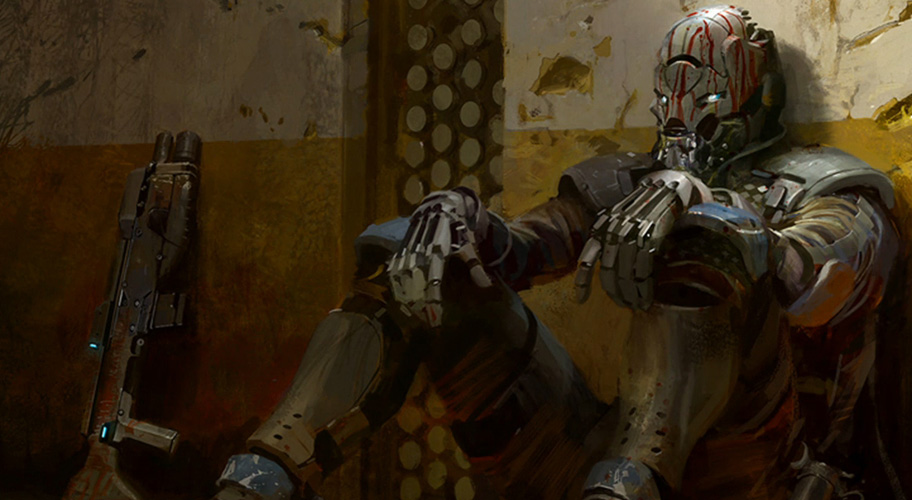
Angry Robot Books announced on November 17th that they have signed Wesley Chu, author of The Lives of Tao, to a three book, six-figure deal for a follow-up sequel to his critically acclaimed science fiction series. The first volume of The Rise of Io will be released in August, 2016.
“Although The Rise of Io is set in the same warring Genjix and Prophus universe as the Lives of Tao books, this brand new series will open the Quasing world to new readers as well as fans of the hugely successful Lives of Tao books,” Angry Robot Books revealed about the series in their announcement. This is sure to appeal to Chu’s current fans, and newcomers looking to check out his work.
“Wesley Chu’s Tao series has been a runaway success for Angry Robot,” said Marc Gascoigne, Managing Director and Publisher at Angry Robot Books, “and we’re delighted that he has re-signed for us for this brand new trilogy of novels. He manages to combine lofty science fiction themes with pure Hollywood pacing, and quite frankly his novels just rock.” Read More »
Aidan was kind of enough to give me the pulpit and asked me to share my thoughts on why I think aliens make such great enemies/sources of conflict in science fiction. Now, before I delve deeper into this, I believe it is important to break down the roles of aliens within the science fiction genre.
I find that these truly alien “Aliens” tend to make poor primary plot devices since readers need to make some sort of connection with antagonists in order for them to be effective enemies.
Aliens are portrayed usually in one of two ways. First, in the true sense, they are introduced as something completely foreign to Earth and our way of thinking. We tend to have a difficult time grasping their physiology, method of thinking, and purpose behind their logic. I find that these truly alien “Aliens” tend to make poor primary plot devices since readers need to make some sort of connection with antagonists in order for them to be effective enemies. Good storytelling requires the reader to sympathize or understand the characters in a book. Otherwise, the alien just devolves into being an antagonist for antagonists’ sake. Or in the words of Tropic Thunder, it’s like going “full retard.” The exception to that is if these antagonists are there only to serve as a plot device to reflect the focus of the story back onto the protagonist. It’s not about the goal, it’s about the journey sort of storytelling.
The second way that aliens are portrayed in science fiction is to make them not alien at all and uses them as a literary vehicle to explore social issues within our culture and society. Usually, the author does this a safe distance by hiding behind the façade of portraying an alien culture, but can delve deeply into lingering prejudices and social stereotypes. Read More »


